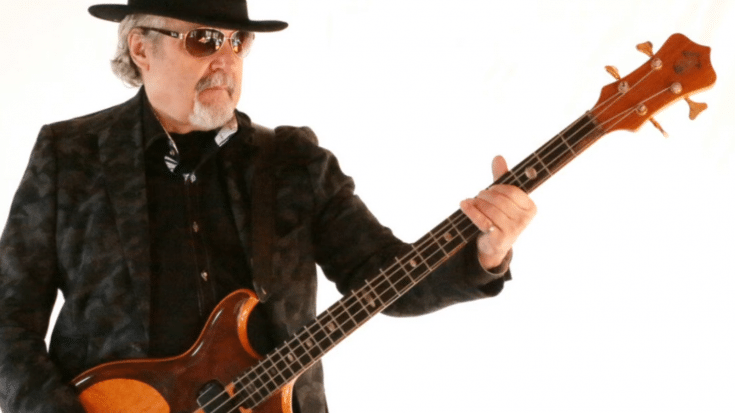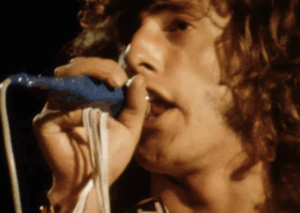8 Greatest Bass Lines of the 70s

via We Sing the Bass Electric / YouTube
The 1970s was a decade that redefined music, particularly with the emergence of incredible bass lines that are still influential today. These grooves laid the foundation for countless genres that followed, showcasing the skills and creativity of the era’s bassists. Below we delve into eight of the most memorable bass riffs from the 70s, highlighting the players who brought these tunes to life.
War – Low Rider (B. B. Dickerson)
The funk anthem “Low Rider” is instantly recognizable from its opening seconds, thanks largely to B. B. Dickerson’s infectious bass line. The groove has a laid-back feel that perfectly embodies the song’s cruising attitude. It’s a riff that didn’t just define a song, but an entire era, encapsulating the West Coast vibe of the ’70s with its smooth, undulating bass that invites listeners to sway and bob their heads without reserve.
Sly & the Family Stone – Thank You (Falettinme Be Mice Elf Agin) (Larry Graham)
Larry Graham was a key figure in the evolution of bass playing, credited by many for pioneering the slap bass technique that became a staple in funk music. “Thank You” spotlights Graham’s groundbreaking approach to the instrument. His playing is both rhythmic and melodic, creating a backbone for the song that is as compelling as it is foundational.
Blue Öyster Cult – Godzilla (Joe Bouchard)
When you think of Blue Öyster Cult, “Godzilla” undoubtedly springs to mind, and Joe Bouchard’s thundering bass drives this monster track. The powerful riff mirrors the song’s monolithic namesake, stomping through the soundscape with an irresistible force. Bouchard’s work on “Godzilla” is a highlight of his career, pairing perfectly with the gritty guitars to create a sound as monumental as the kaiju king itself.
Rush – 2112 (Geddy Lee)
Rush’s “2112” is not just a song but a sweeping narrative, and Geddy Lee’s bass is pivotal in telling its story. Lee covers a wide spectrum, from subtle undertones to complex, soaring passages, proving why he is considered one of the masters of the instrument. His ability to merge technical proficiency with expressive storytelling defines this epic track and places it among the most ambitious works of the decade.
Fleetwood Mac – The Chain (John McVie)
“The Chain” by Fleetwood Mac boasts one of the most iconic bass lines in rock history, thanks to John McVie’s steady hand. Serving as the sonic glue that holds the song together, McVie’s bass line is integral to the track’s tension and release. Throughout the song, he provides a strong foundation, but it’s the driving interlude that unleashes a bass riff so memorable it seems to echo through time.
Led Zeppelin – Black Dog (John Paul Jones)
John Paul Jones of Led Zeppelin crafted a bass line in “Black Dog” that manages to stand out within a band known for its larger-than-life sound. His rhythmic play alongside Jimmy Page’s guitar riffs shows a masterful command of the instrument. Jones’s role in the band might be understated, but his contribution to their sound, particularly in this track, is undeniable.
Pink Floyd – Money (Roger Waters)
“Money” starts off with a cash register’s ka-ching and dives into one of rock’s most distinctive bass lines, masterfully executed by Roger Waters. In an odd 7/4 time signature, Waters composed a sequence that grooves naturally, challenging the norm but never forgoing the foot-tapping essence of the song. As the foundation of one of Pink Floyd’s most notable tracks, this bass line remains an example of innovative musicality.
Black Sabbath – N.I.B. (Geezer Butler)
Geezer Butler’s bass line in “N.I.B.” is more than a sequence of notes; it’s an assertive statement that set Black Sabbath apart from their contemporaries. The introductory solo is legendary, its overdriven tone a highlight of the band’s heavy style. Butler’s creative prowess shines throughout the song, leaving an indelible mark on the blueprint for heavy metal bass playing.





















